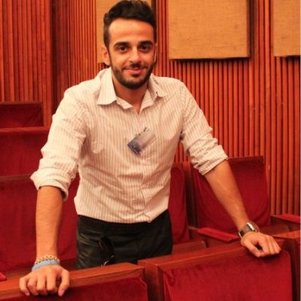

This project has received funding from the European Union’s Horizon 2020 research and innovation programme under the Marie Skłodowska-Curie grant agreement No 101027222.
“RHAPSODY - Recognition of human patterns of optimal driving for safety of conventional and autonomous vehicles"
Driving behaviour analytics is an emerging field with new potential for addressing the human factors that are persistently causing a huge burden of traffic injuries. However, there is need for new insights regarding driving profiles and patterns identification and a robust relevant methodology is lacking. The objective of RHAPSODY is to provide evidence for a shift of focus in driving behaviour models, targeting to identify not only the unsafe but also the optimal driving, through the analysis of the dynamic evolution of driving behaviour on both macro- and microscopic levels. Machine learning (ML) and artificial intelligence (AI) techniques will be applied on existing European naturalistic driving data to identify different driver profiles and driving patterns, their rapid changes under different conditions and their variability over individual drivers and populations. Ultimately, RHAPSODY will recognize the benchmarks of optimal driving and investigate the conditions under which drivers may demonstrate best performance. These can be applied for the improvement of safety of both conventional drivers and human-mimic autonomous vehicles (AVs).
Hosted at Delft University of Technology at the Safety and Security Science Section, RHAPSODY project is funded by EU’s H2020 under the Marie Skłodowska-Curie Individual Fellowship scheme for Postdoctoral research.
Themes/ Main research fields:
- Transport Safety
- Driving Behaviour Analytics
- Autonomous driving
Lead researchers


